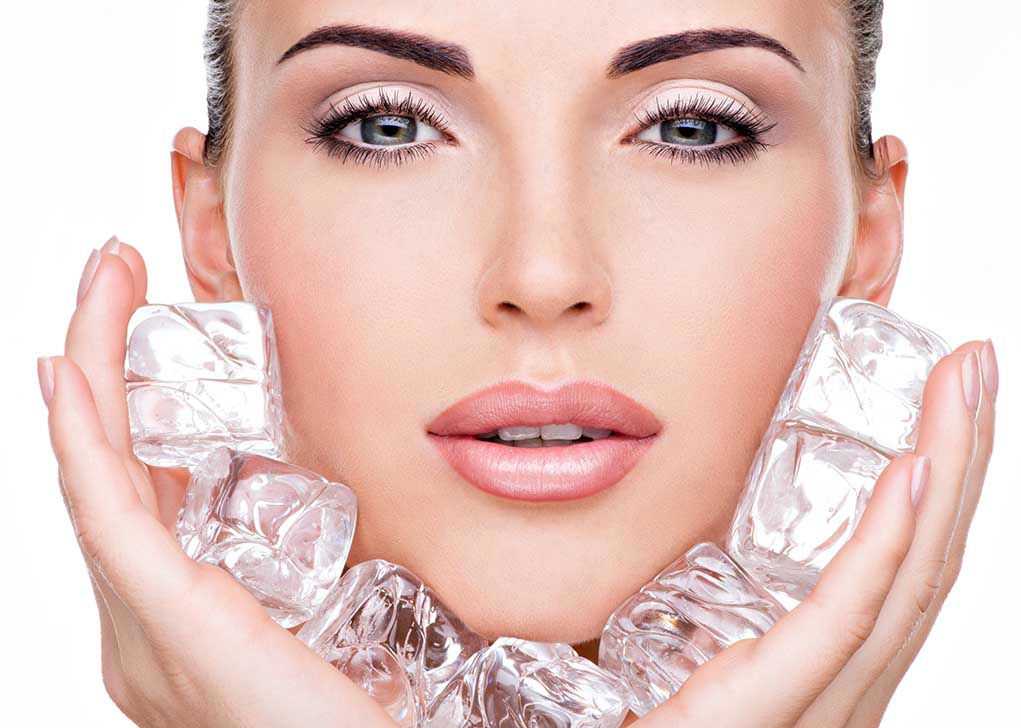
Hyaluronic acid is revolutionizing skincare with its unparalleled ability to deeply hydrate and rejuvenate your skin.
Story Snapshot
- Hyaluronic Acid (HA) is a powerful hydrating molecule naturally found in the body.
- HA’s ability to retain water makes it a standout in skin hydration and anti-aging products.
- Its popularity in skincare has surged due to strong clinical backing and consumer demand.
- Topical and injectable forms of HA offer distinct benefits and applications.
Understanding Hyaluronic Acid’s Role in Skincare
Hyaluronic acid is a naturally occurring glycosaminoglycan that plays a crucial role in maintaining skin moisture. Known for its capacity to hold up to 1,000 times its weight in water, HA is a key component in skin hydration and elasticity. With age, HA levels in the skin decrease, leading to dryness and wrinkles. The skincare industry has capitalized on this, using HA in products ranging from serums to moisturizers to restore and maintain youthful skin.
The rise of HA in skincare began in the late 20th century, with significant growth in the 2000s as consumer interest in natural and effective ingredients increased. Its scientific validation as a skin hydrator distinguishes HA from past skincare trends that lacked such backing. Major cosmetic brands have embraced HA, leveraging its benefits in a variety of products aimed at different skin types and concerns.
Topical vs. Injectable Hyaluronic Acid
Topical HA products, such as serums and creams, focus on improving surface hydration and skin texture. These products are generally well-tolerated, with minimal risk of irritation. However, their effects are limited to the skin’s surface. On the other hand, injectable HA offers deeper volumizing effects, used primarily in dermal fillers to address wrinkles and volume loss. While both forms enhance skin appearance, their applications and benefits differ significantly.
Topical HA provides immediate hydration, enhancing skin smoothness and elasticity. Injectable HA, meanwhile, offers longer-lasting results by restoring volume and filling deeper wrinkles. It is essential for consumers to understand these distinctions to select the most appropriate product for their skincare needs.
Scientific Backing and Consumer Trends
Clinical studies have consistently demonstrated HA’s efficacy in improving skin hydration, elasticity, and overall appearance. These findings are supported by dermatologists and researchers, who advocate for HA’s inclusion in skincare routines. The molecule’s safety profile and effectiveness have contributed to its widespread acceptance in both medical and consumer markets.
Consumer demand for HA continues to grow, driven by a desire for natural and evidence-based skincare solutions. This trend reflects a broader shift in the beauty industry towards transparency and scientific validation. As research into HA’s applications expands, its role in skincare is likely to evolve, potentially encompassing areas like wound healing and drug delivery.
Future Implications of Hyaluronic Acid in Skincare
The future of HA in skincare appears promising, with ongoing research exploring its potential in various fields. In the short term, consumers can expect enhanced skin hydration and appearance from HA-based products. Long-term, HA may play a role in more advanced medical applications, such as tissue engineering and regenerative medicine.
As the skincare industry continues to prioritize natural and scientifically validated ingredients, HA’s prominence is set to increase. This trend is not only beneficial for consumers seeking effective skincare solutions but also for cosmetic companies aiming for innovation and market leadership. The molecule’s success may also inspire further investment in other bioactive ingredients, fostering a new era of science-backed beauty.
Sources:
Cleveland Clinic Health Article




